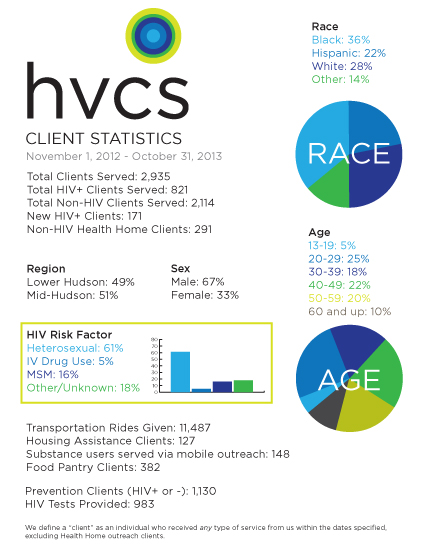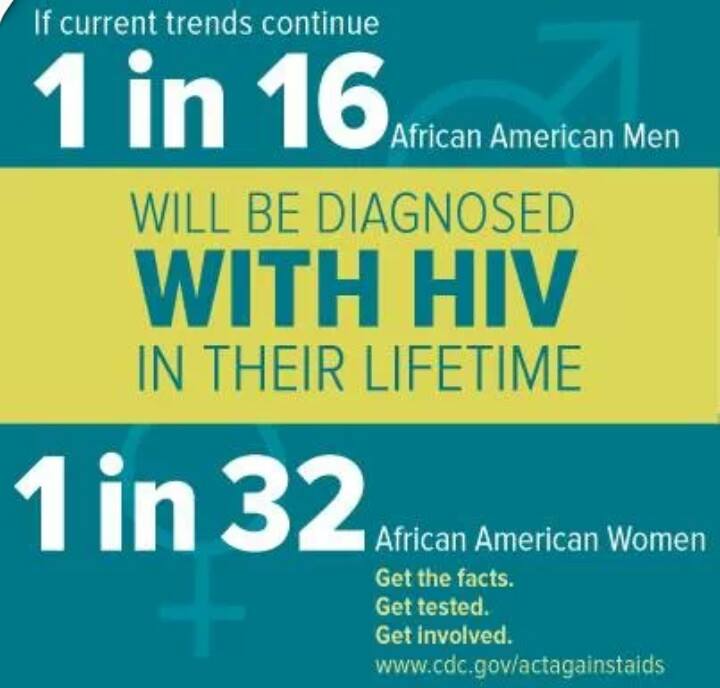Please join HRHCare Community Health for their first annual National Black HIV/AIDS Awareness Day Celebration on February 7, 2019.
Get Tested
Get Educationed
Get PrEPed
For more information, contact Candice Melvin at (845) 260-0043.
The Coalition’s Men’s Health Event is sponsored by The Healthy Black and Latino Barbershop Initiative in Poughkeepsie, NY. Following the Barbershop visits will be a Father’s Day Parade in honor of one of our local community volunteers (John Flowers) who passed away earlier this year (organized by his daughter Yvonne Flowers and her committee. After the parade we will all gather on the Hudson River for more Men’s Health activities, entertainment, food, fun and fellowship.
“Despite efforts to reduce disparities in HIV transmission among gay men and other men who have sex with men (MSM) in the United States by optimizing treatment outcomes, significant racial disparities in HIV prevalence will likely persist for decades due to an alarmingly high concentration of HIV in black gay men, a new report finds.
Black MSM in the U.S. have been disproportionately affected by HIV since the beginning of the epidemic, although studies show that black men do not engage in more risk-associated behaviors than white men, and are just as, if not more, consistent about condom use and HIV testing. Yet disparities in HIV incidence and prevalence between black and white MSM in the U.S. remain largely unexplained.
Reporting in the November 18 online edition of The Lancet HIV, researchers from Emory University Rollins School of Public Health in Atlanta and amfAR, The Foundation for AIDS Research, assessed how existing disparities in HIV prevalence and in the HIV continuum of care explain differences in HIV incidence in MSM.”
Read the rest of the report summary on amfAR’s website: www.amfar.org/Racial-Disparities/
Learn more about HVCS’ programs for young gay black men in the hardest-hit areas of the Hudson Valley.
This one-day training will explore the social factors that impact sexual and substance use behaviors among young men who have sex with men (MSM) of color. Health and human services provider will examine how these factors contribute to high rates of sexual and substance use risk behaviors among HIV positive and HIV negative MSM of color.
Prerequisite: Although there is no prerequisite for this course, it is strongly recommended that participants have previous knowledge or training on basic HIV/AIDS information.
Audience: All health and human service providers.
 In 2013, HVCS saw record growth in the number of clients served, due largely to the conversion to Health Homes and the continually expanding reach of our Regional Prevention Initiative. This updated infographic includes the new category of “Non-HIV Health Home Clients” now that we are able to provide Medicaid-reimbursable care management services to those without HIV. We also had 171 new HIV-positive clients within the time period.
In 2013, HVCS saw record growth in the number of clients served, due largely to the conversion to Health Homes and the continually expanding reach of our Regional Prevention Initiative. This updated infographic includes the new category of “Non-HIV Health Home Clients” now that we are able to provide Medicaid-reimbursable care management services to those without HIV. We also had 171 new HIV-positive clients within the time period.
One statistic that often surprises our supporters is that only 16% of our HIV-positive clients acquired HIV via gay/bi sexual contact (MSM). The majority of our clients say they acquired HIV by heterosexual contact. This number may be artificially inflated due to the continued stigma against homosexual sex and drug use; some of those clients in the heterosexual category may self-report a different risk factor for fear of judgment. This also helps to explain the high number of people in the “Other/Unknown” category.
African-Americans, Latinos and other racial minority groups are in the majority of HVCS’ clients; only 28% of our clients report themselves to be white. African-Americans make up only 11% of the Hudson Valley population but account for 39% of the area’s HIV cases and 36% of HVCS’ clients. HIV still continued to disproportionately affect communities of color.
Our client base also skews older: 52% of clients are above age 40 and 30% are above age 50. While the distribution of client ages somewhat mirrors the area’s demographic distribution, HIV-positive people typically go for years without seeking assistance from us due to the lengthy progression from HIV to AIDS. The days of rapid decline and death are long gone, but this means that our clients are typically older and face multiple health issues outside of their HIV status.
 National Black HIV/AIDS Awareness Day (NBHAAD) is an HIV testing and treatment community mobilization initiative for Blacks in the United States and across the Diaspora, held on February 7th.
National Black HIV/AIDS Awareness Day (NBHAAD) is an HIV testing and treatment community mobilization initiative for Blacks in the United States and across the Diaspora, held on February 7th.
There are four specific focal points: Get Educated, Get Tested, Get Involved, and Get Treated.
Visit www.nationalblackaidsday.org to see profiles on spokespeople, links to events all over the country, and more facts like this disturbing one at left.
Also, make sure to attend the local event in Yonkers. Join the Sharing Community and the Yonkers Providers Task Force from12 to 2pm at the Larkin Riverfront Library, 1 Larkin Plaza for a local observance. Refreshments provided.
We recently sat down with four young people at our Mosaic Center in Mount Vernon, NY and asked them what they like best about our CHAPS HIV prevention program. Here’s what they said. Contact us to find out more about our HIV prevention programs and other services available at the Mosaic Center. Visit www.mychaps.org or call (914) 699-1025 to find out more.
6.5 OASAS credits
This one-day training explores the broad definition of culture and its relationship to competent and effective health care and human service delivery.
As a result of this training, participants will be able to:
• Discuss invisible privilege and its affect on both receiving and providing services;
• Explore potential obstacles to providing effective services; and
• Describe how these obstacles are created when diverse cultures, Western medicine and human service deliveries collide.
Prerequisite: None
Audience: All health and human service providers.
To register, visit www.hivtrainingny.org.
6.5 OASAS credits
This one-day training explores the broad definition of culture and its relationship to competent and effective health care and human service delivery.
As a result of this training, participants will be able to:
• Discuss invisible privilege and its affect on both receiving and providing services;
• Explore potential obstacles to providing effective services; and
• Describe how these obstacles are created when diverse cultures, Western medicine and human service deliveries collide.
Prerequisite: None
Audience: All health and human service providers.
To register, visit www.hivtrainingny.org.